One of the intriguing attractions in the central part of Bali is the civet coffee plantations. Most of them are situated on rice terraces and slopes of tropical forests, featuring picturesque landscapes along two main roads leading to Mount Batur: Jl. Raya Tegallalang and Jl. Tampaksiring.
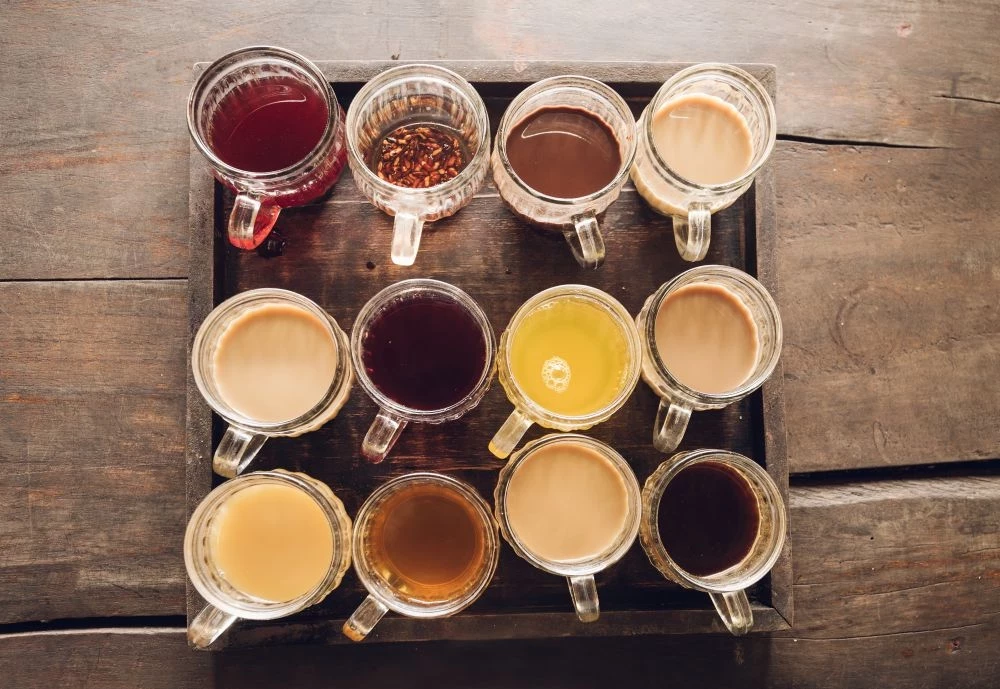
If you are staying near Ubud, you have the opportunity to immerse yourself in the world of traditional crafts, get closer to Balinese culture, see sacred natural places in the heart of the island, and, of course, taste one of the most expensive coffee varieties in the world!
.jpg)
.jpg)
BaliForum has compiled a list with descriptions of coffee plantations, each of which is interesting in its own way. But first, let's talk about the fundamental idea - the civet animal. This small furry creature, known as musang or the Malayan civet, feeds on coffee beans. The beans undergo a unique process of fermentation in its stomach. After defecation, the beans are collected, washed, roasted, and used to create a distinct type of coffee known as "luwak." Prices for luwak coffee exceed regular coffee by three to four times. The average price for a cup of coffee at the plantations is 50,000 - 80,000 IDR.
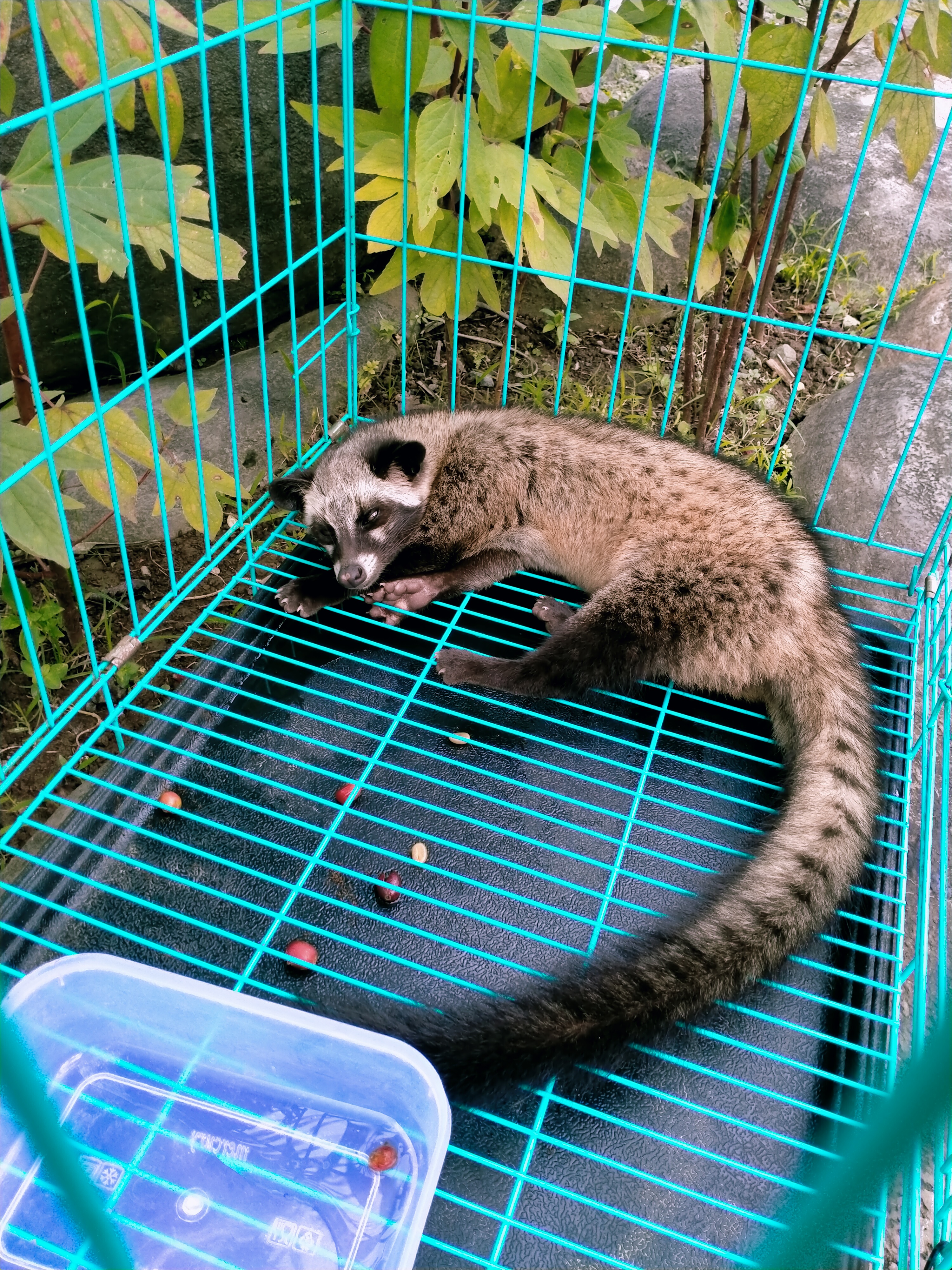
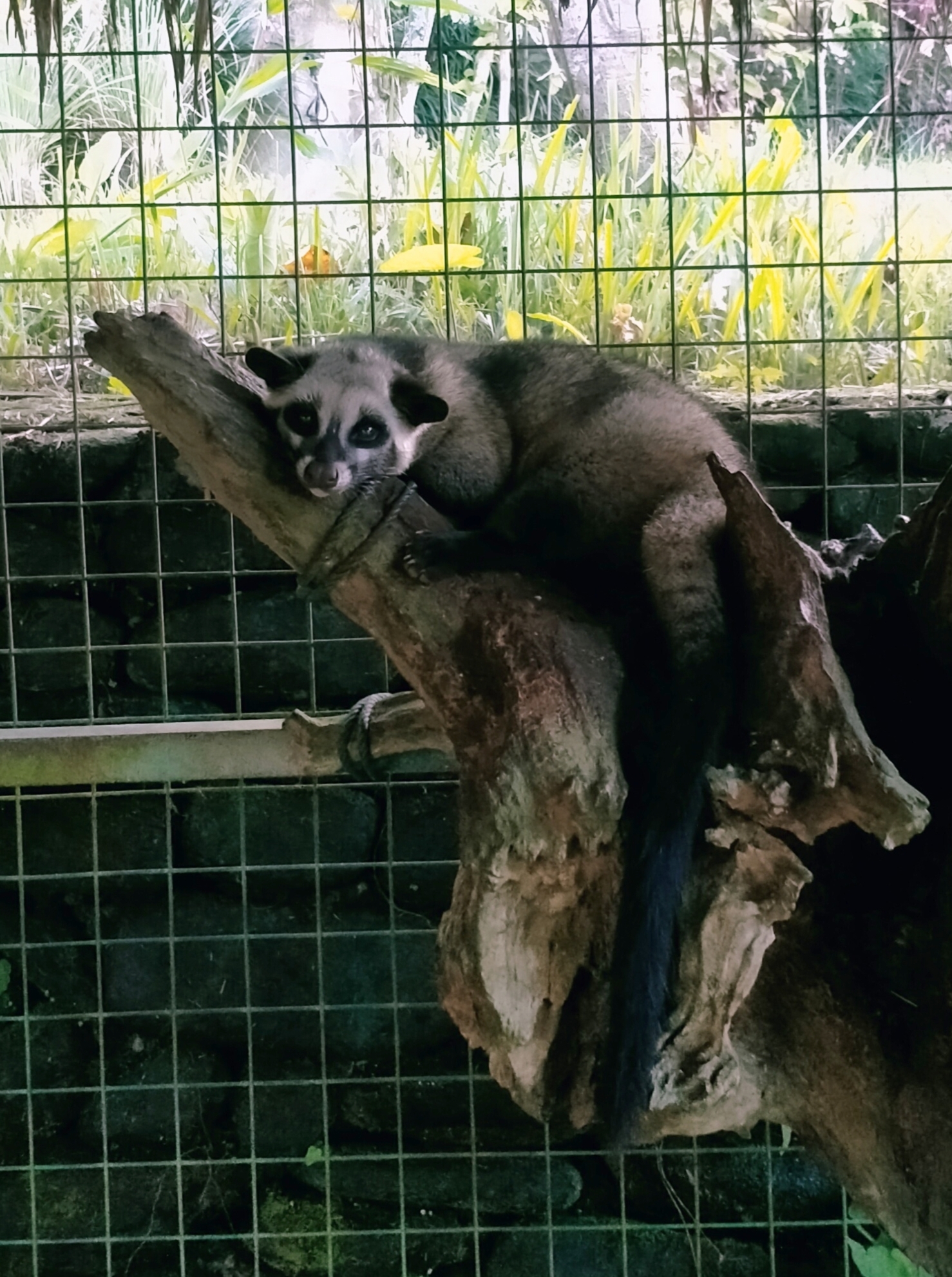
Alas Harum Bali
Opening hours: 8:00-19:00
Cost: 50,000 IDR
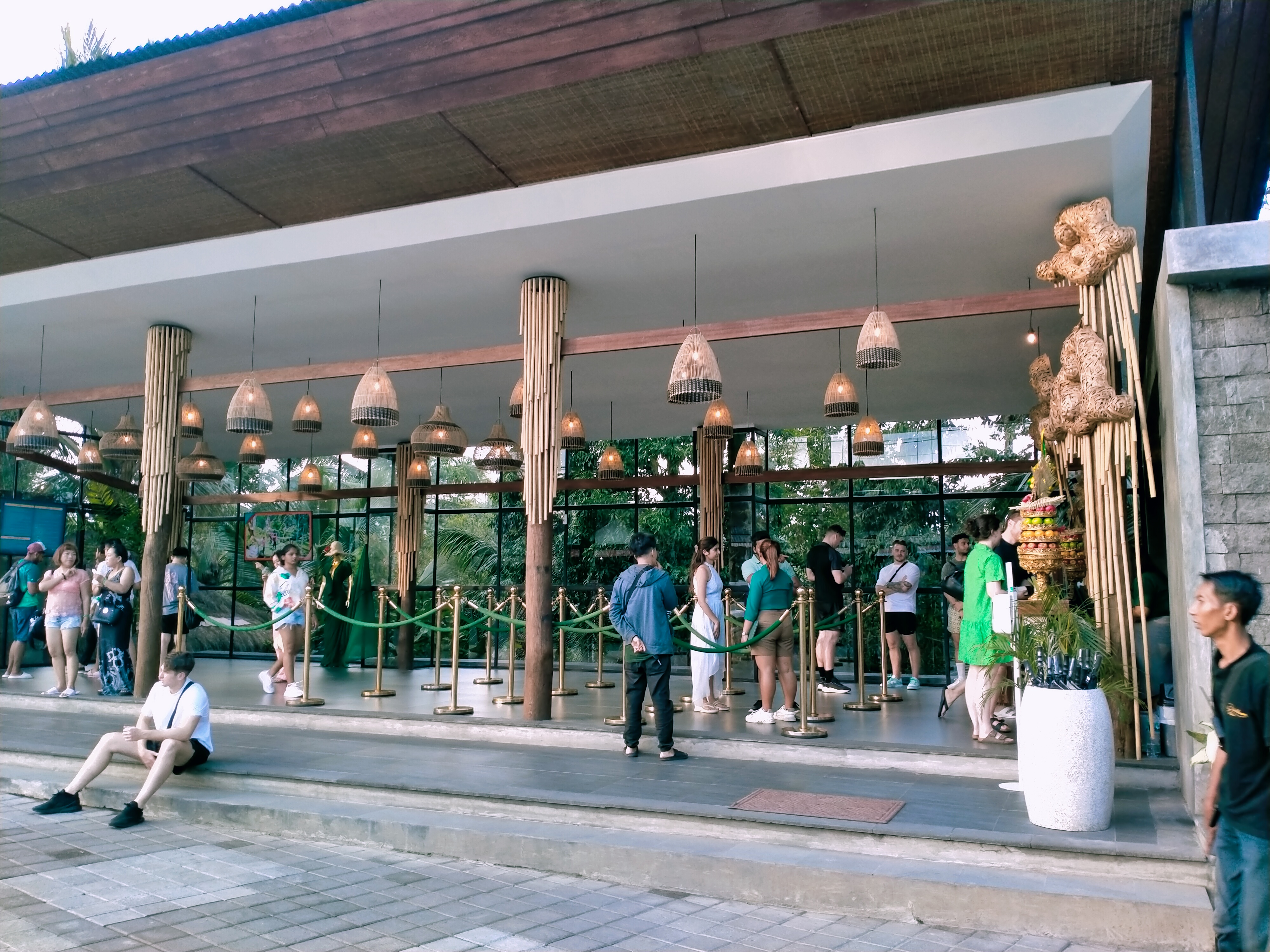
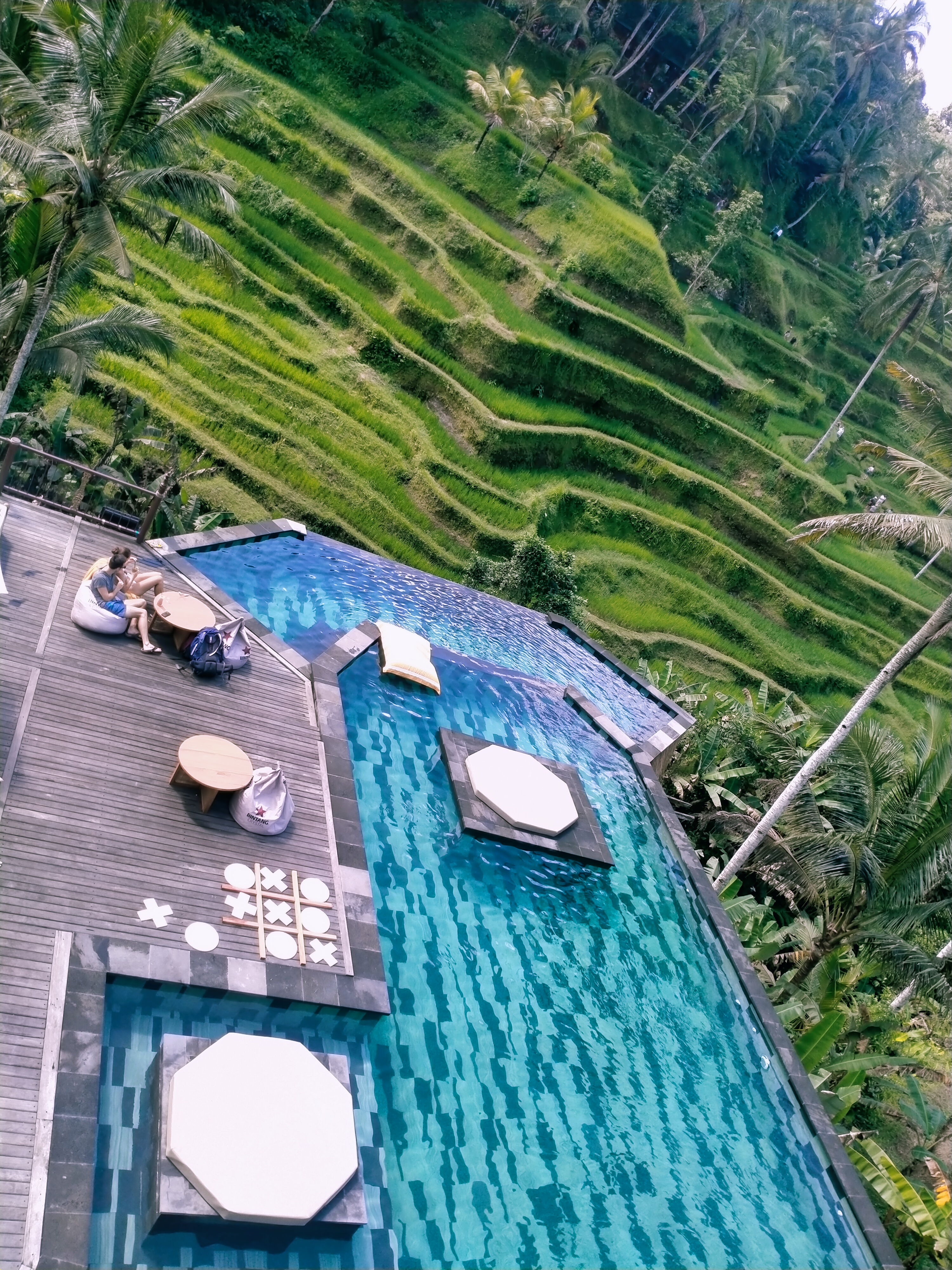
One of the island's landmarks is the Tegallalang Rice Terraces, listed as a UNESCO World Heritage site. In close proximity are some of the most advertised and expensive places to visit. The most popular destination is the Alas Harum Bali coffee plantation.
It is a comprehensive complex with photo spots, swings, woven compositions often seen on Instagram, walks through terraces, guided tours, and extreme attractions like cycling on a cable car. The café with a viewing platform at the start of the visit offers coffee tasting, and there is a glass floor over a cliff. The entrance ticket costs 50,000 IDR. Additional fees apply for each entertainment option, but it doesn't deter the dense flow of tourists eager for the most beautiful photos. The site features two restaurants and a three-level pool, with more details available on their official website.
Uma Pakel Agro Tourism
Opening hours: 9:00-19:00, admission is free
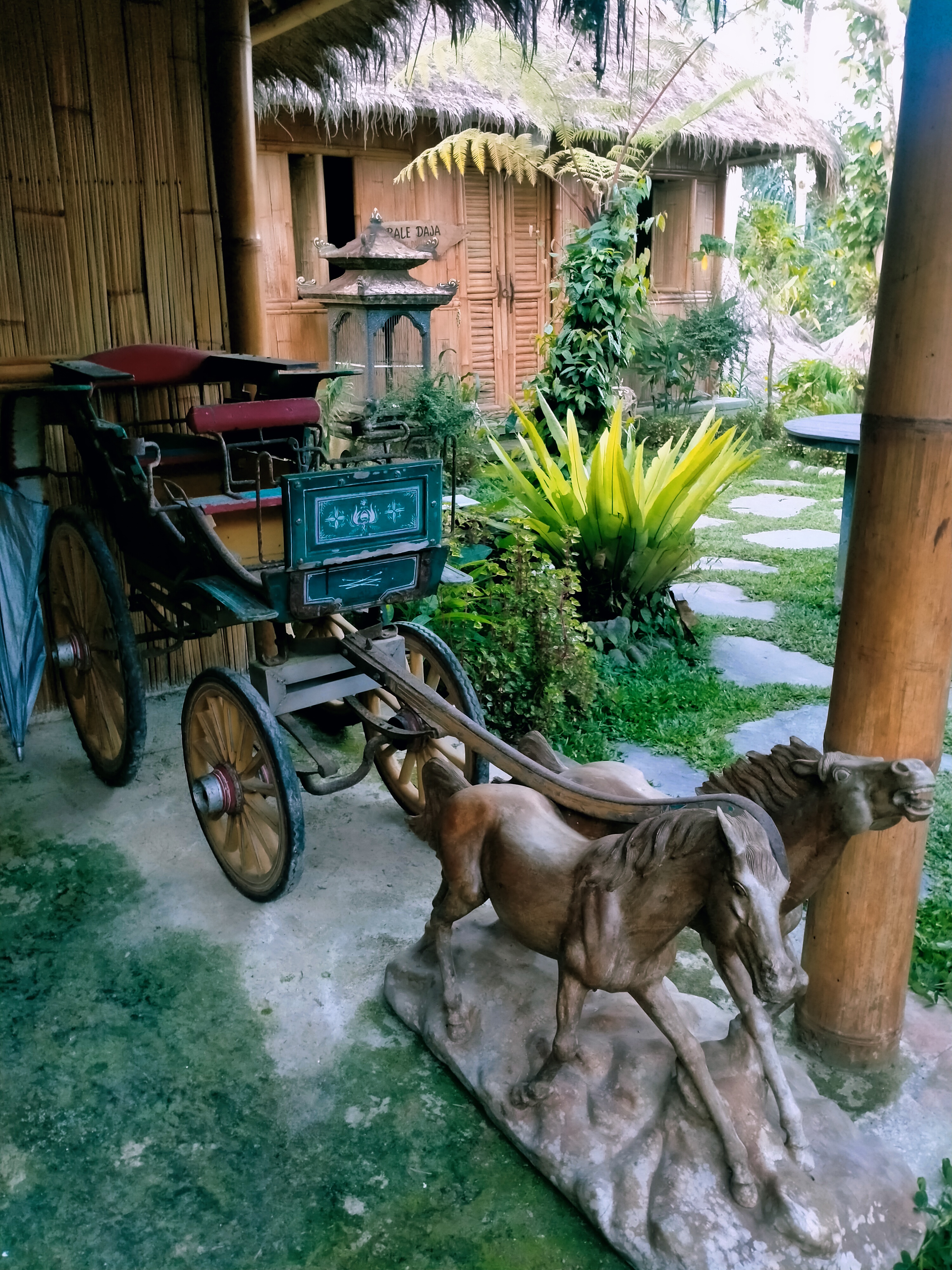
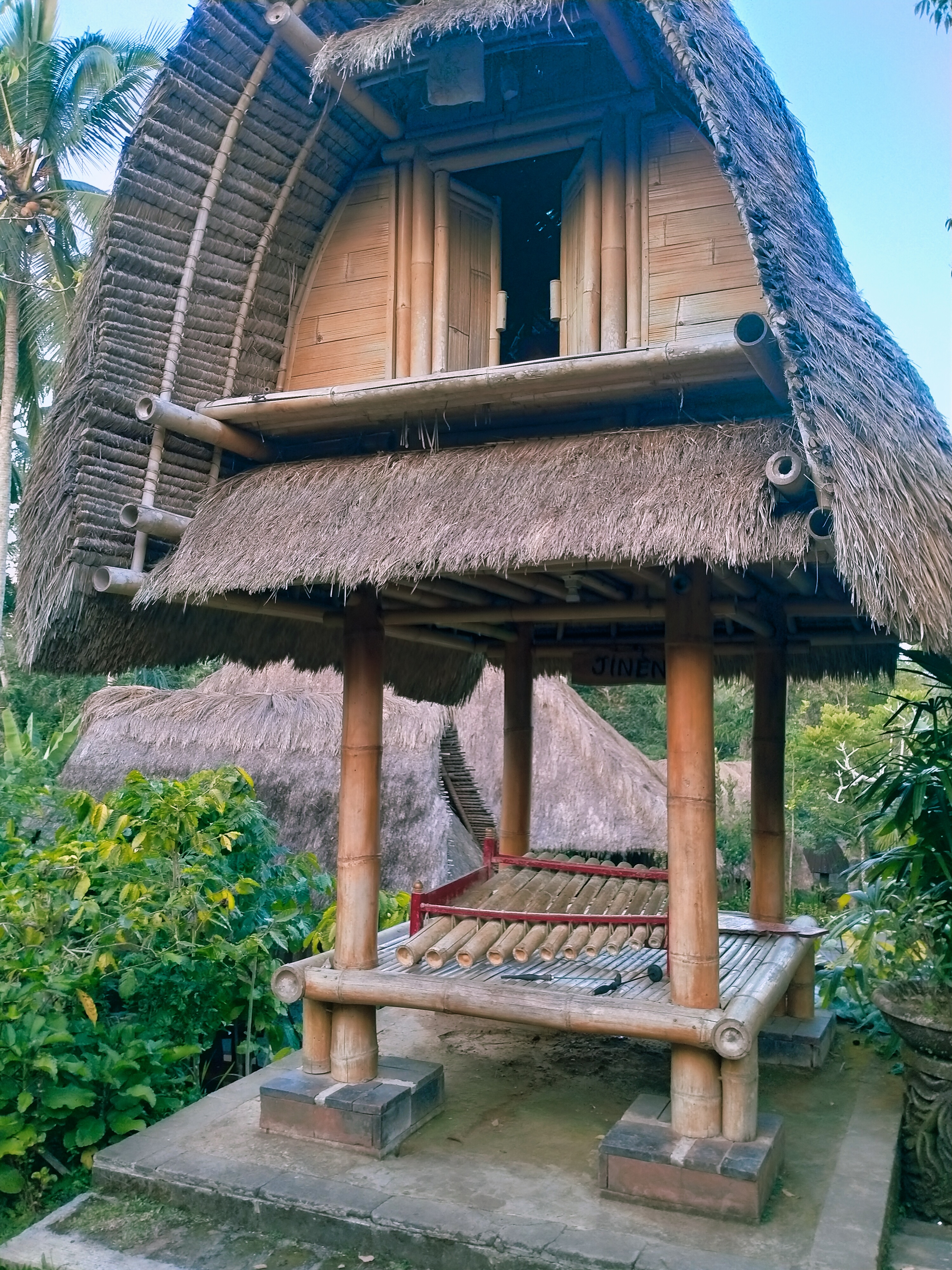
If you're focused solely on coffee, just 150 meters away is another plantation with fewer visitors, free entry, and complimentary tasting. You can find solitude in standalone gazebos, take a stroll, and capture equally picturesque photos. They will guide you on a short tour, introduce you to the civet (don't try to touch it through the cage; it's wild and might bite). The site concludes with viewing platforms overlooking the rice terraces, and there are swings available without the usual queues. Coffee prices in the café are 20,000 IDR per cup, while civet coffee is 60,000 IDR. Swing prices range from 200,000 to 600,000 IDR.
Each plantation has a shop featuring its brand products, offering a wide variety of coffee, tea, chocolate, spices, and aromatic oils. Prices are higher than those in regular stores, but if you've enjoyed free tasting and a tour, taken a stroll, and captured beautiful photos, visiting the shop can be a polite gesture, and you might choose to make a purchase.
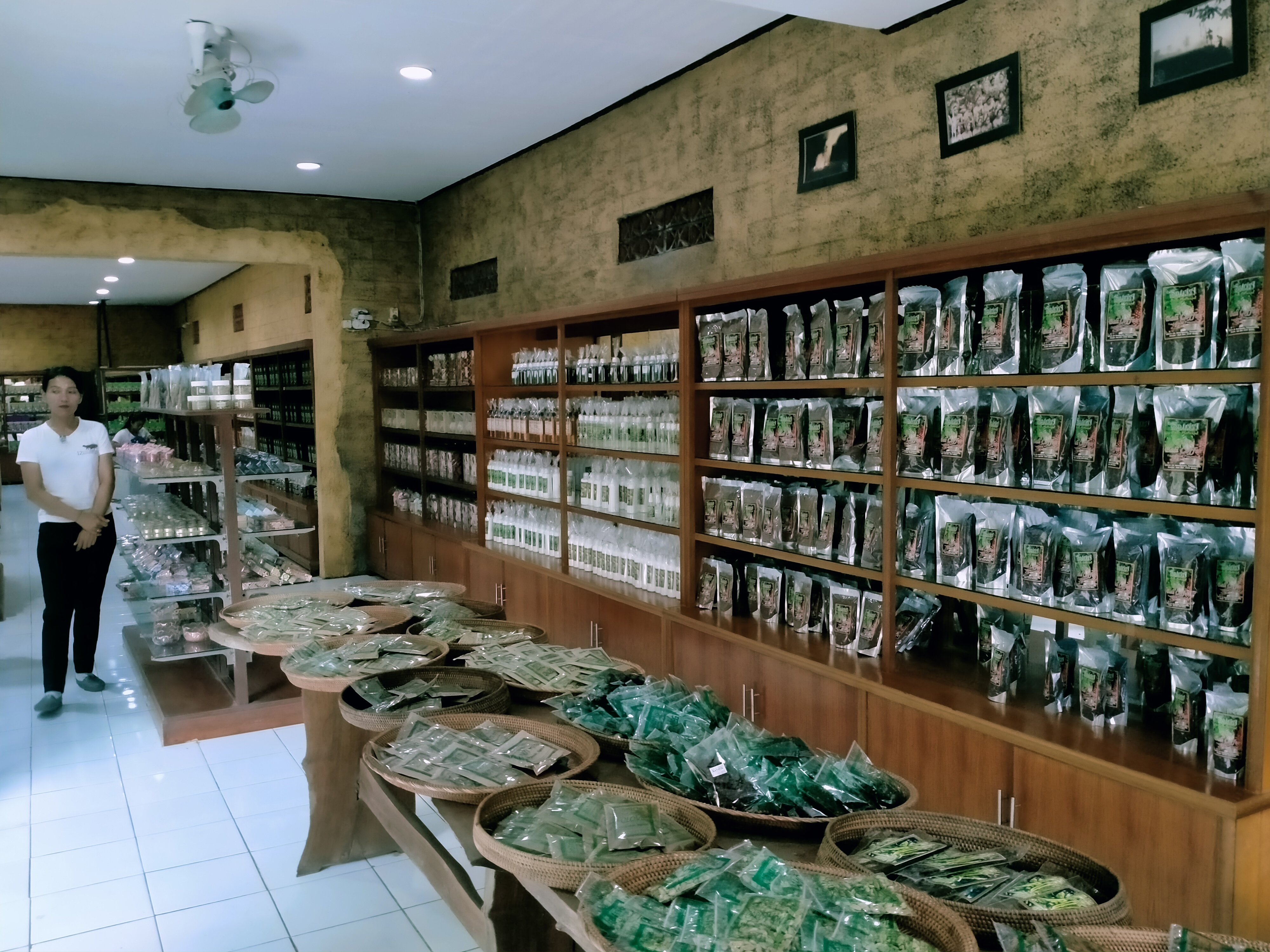
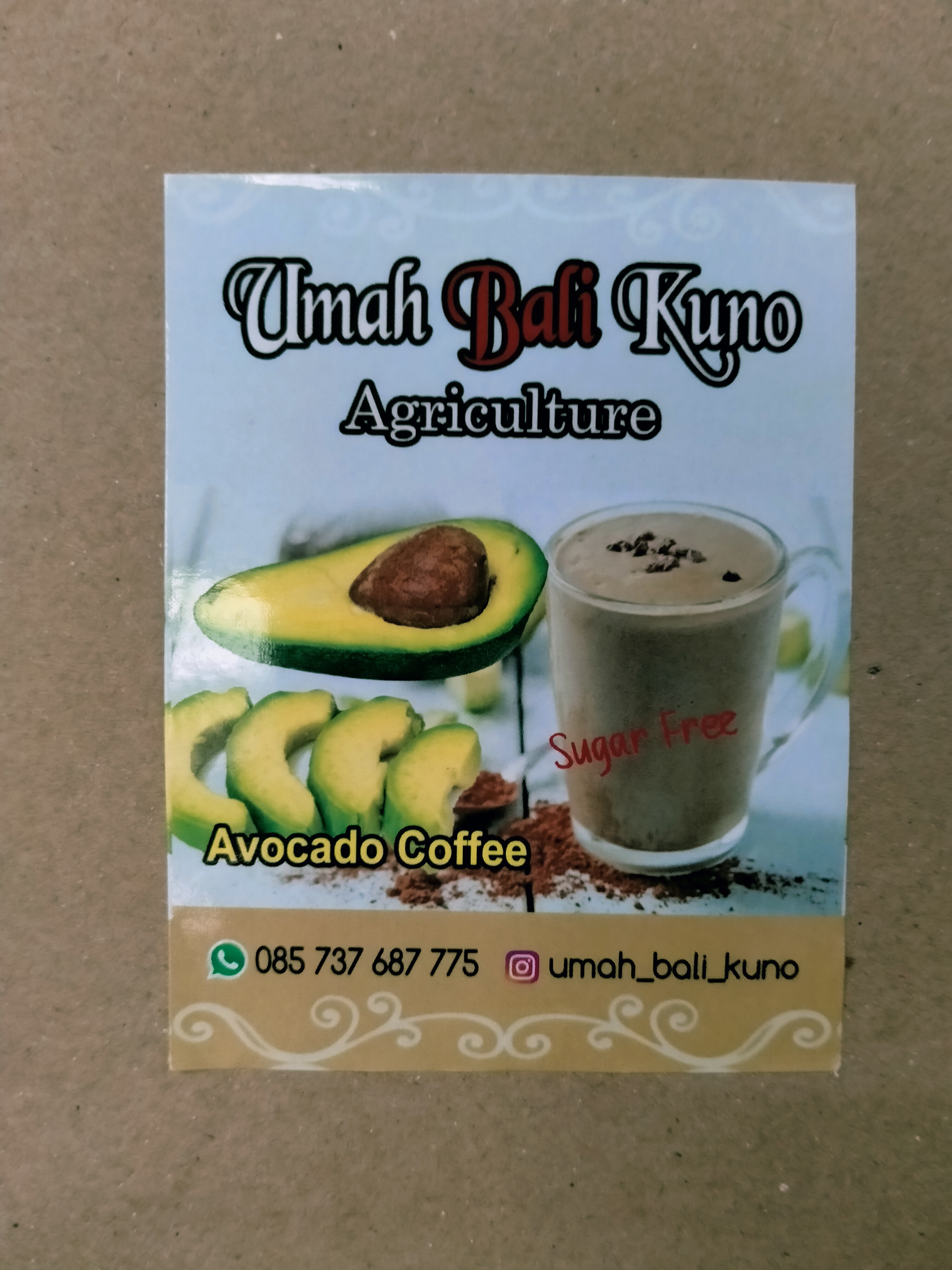
Kumulilir
Opening hours: 8:00-18:00, admission is free
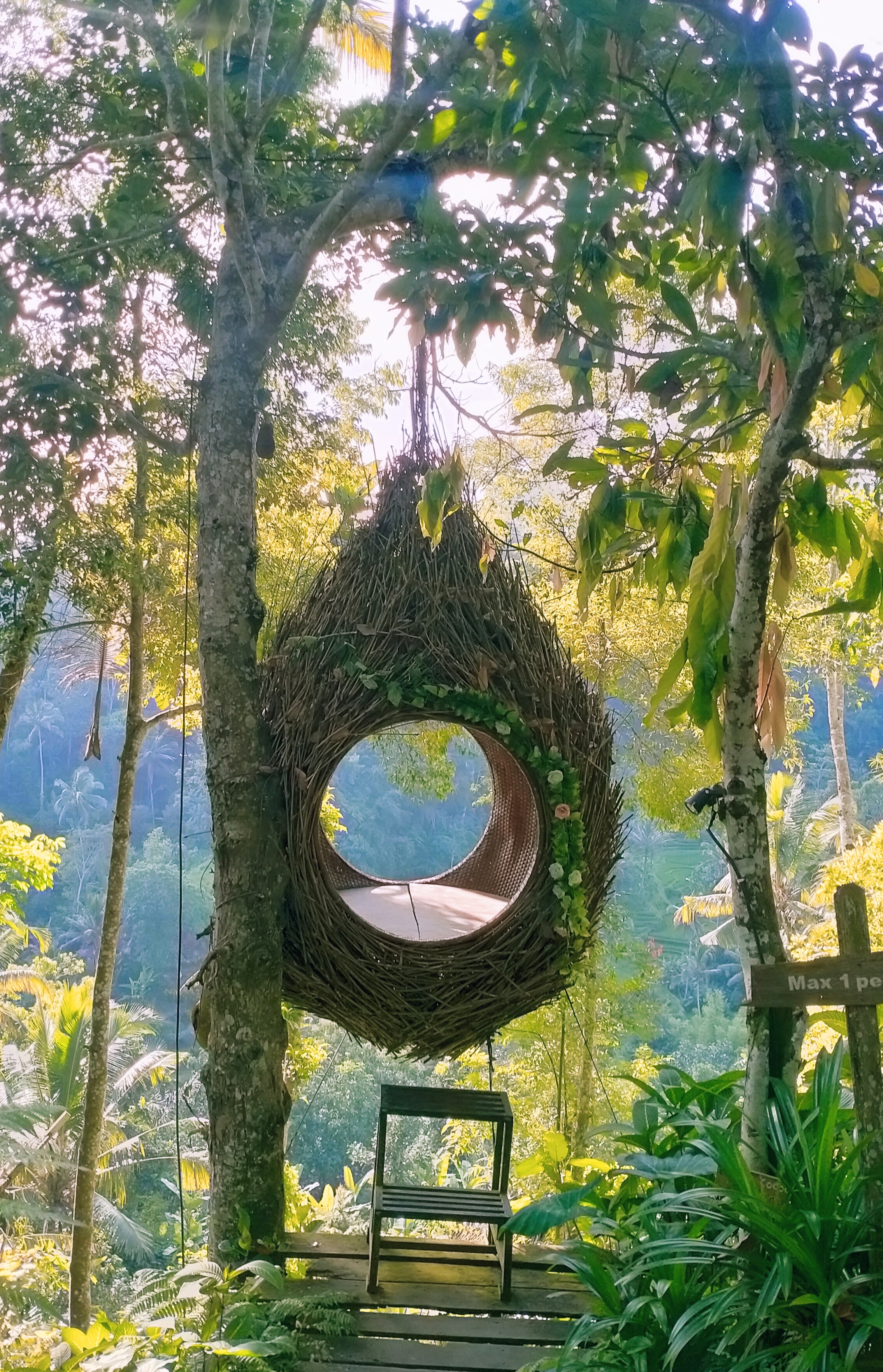
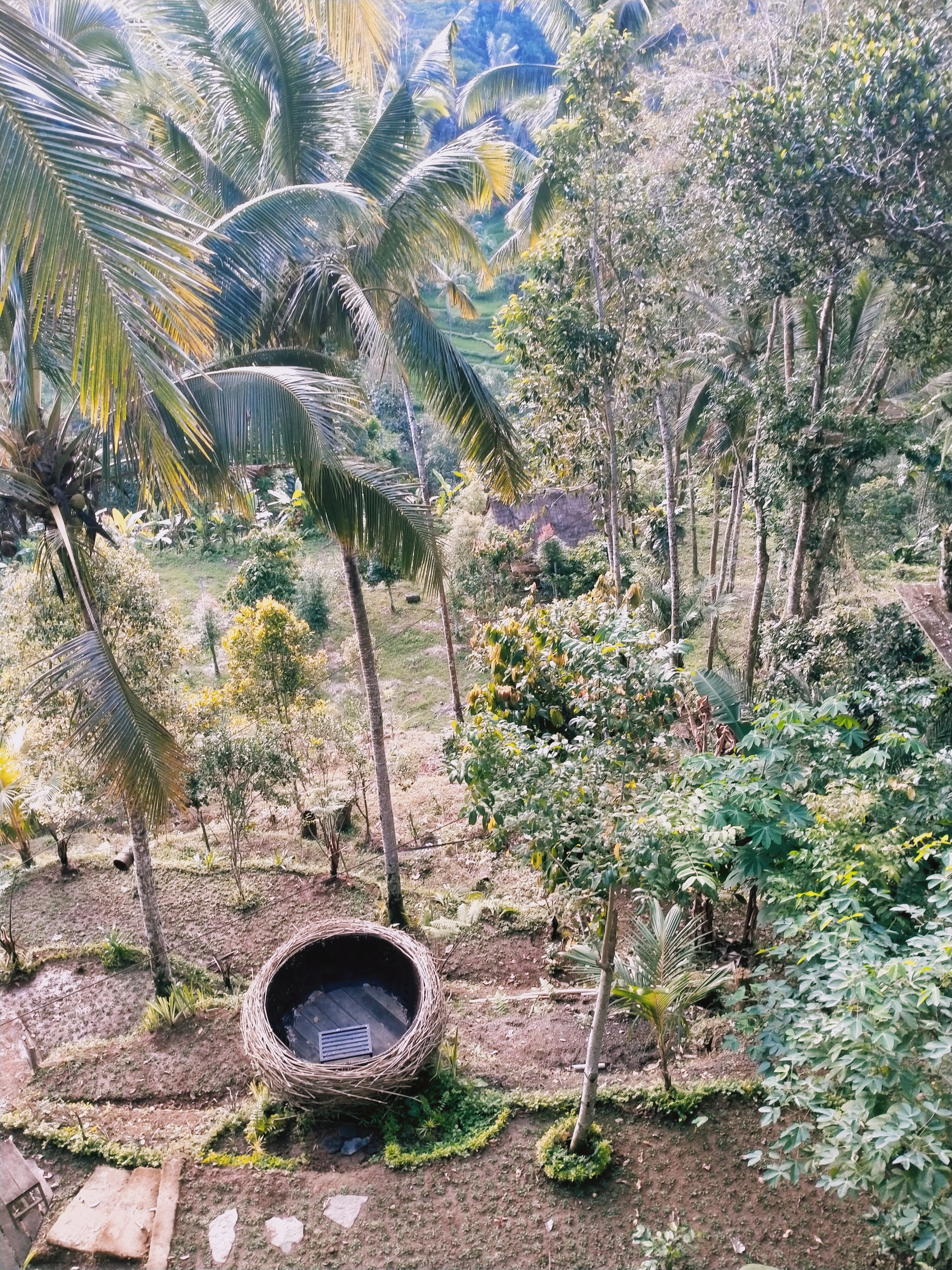
On the other side of the Tegallalang road, there's a vast forest canyon view, but structures along the road may obstruct the scenery. It's recommended to visit the Kumulilir plantation, located just across the road—a beautiful and atmospheric place. Descend the steps from the main entrance, accompanied by guides who share information about various coffee preparation methods, showcase the civet, and present exhibits on preparation and different spices. You then reach the restaurant's veranda, offering a breathtaking view of the canyon. Restaurant prices are reasonable, with standard dishes available. Coffee tasting comes at a cost, priced at 50,000 IDR.
Two suspension bridges are noteworthy here. One leads to a multi-level children's playground, and the other leads to a small circular viewing platform above the canyon's cliff.
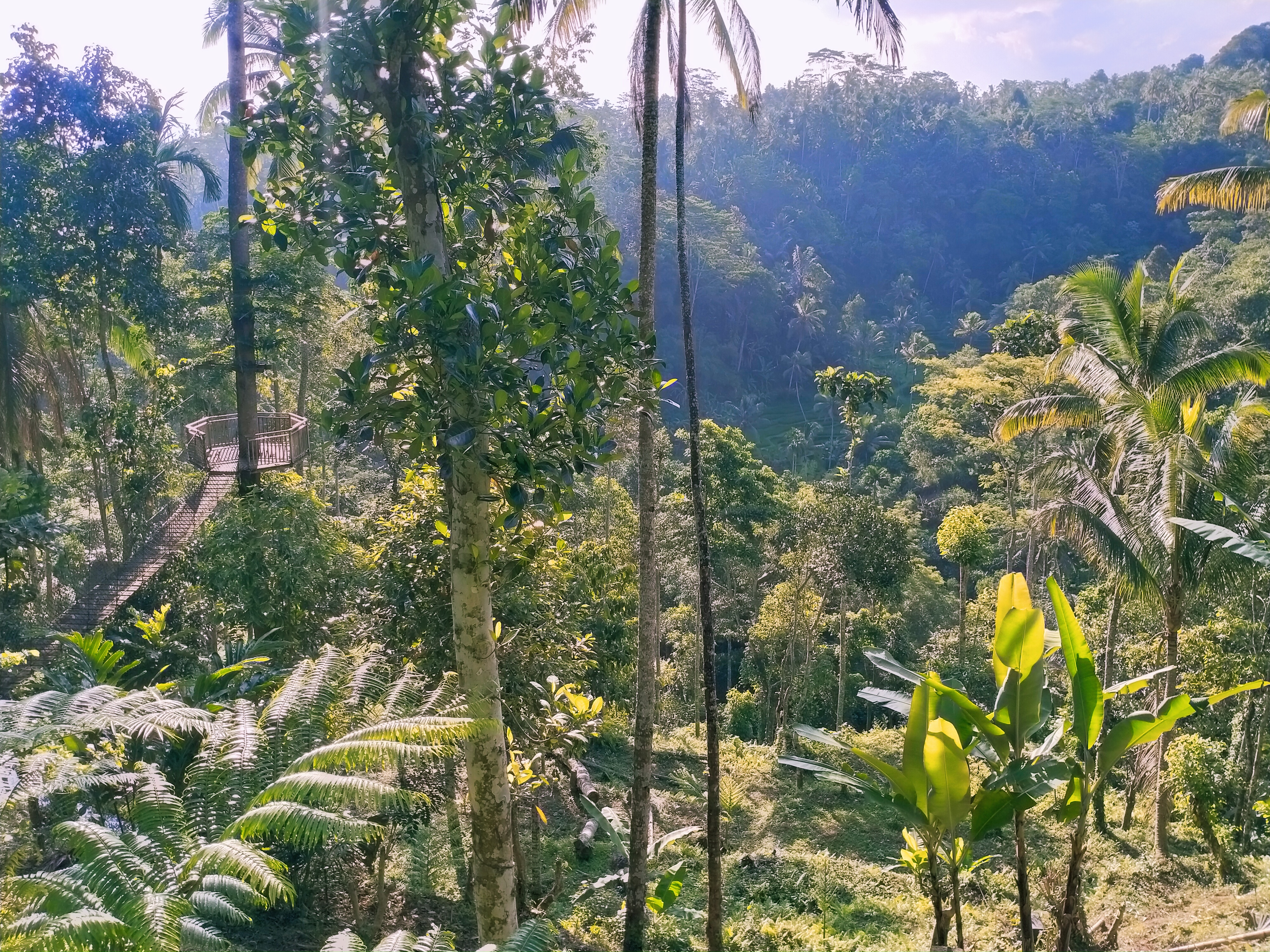
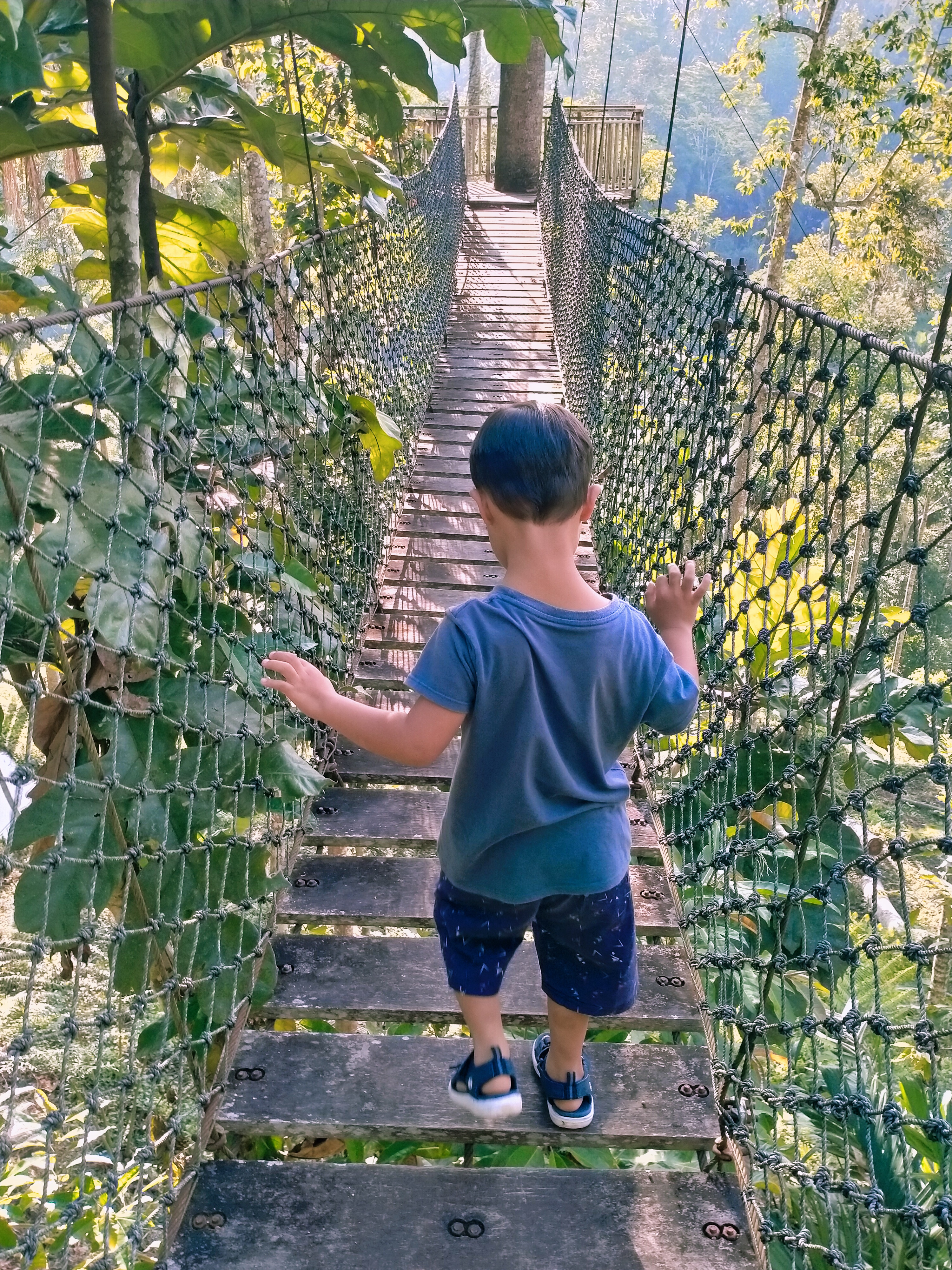
The children's playground consists of multiple levels with various climbing structures and slides, and there are tables nearby. Some parts of the playground show signs of wear, with broken details on the climbing logs, so it's advisable to keep an eye on the children. The different ground levels are formed by former rice terraces. Additionally, there are two types of swings available, priced from 150,000 IDR.
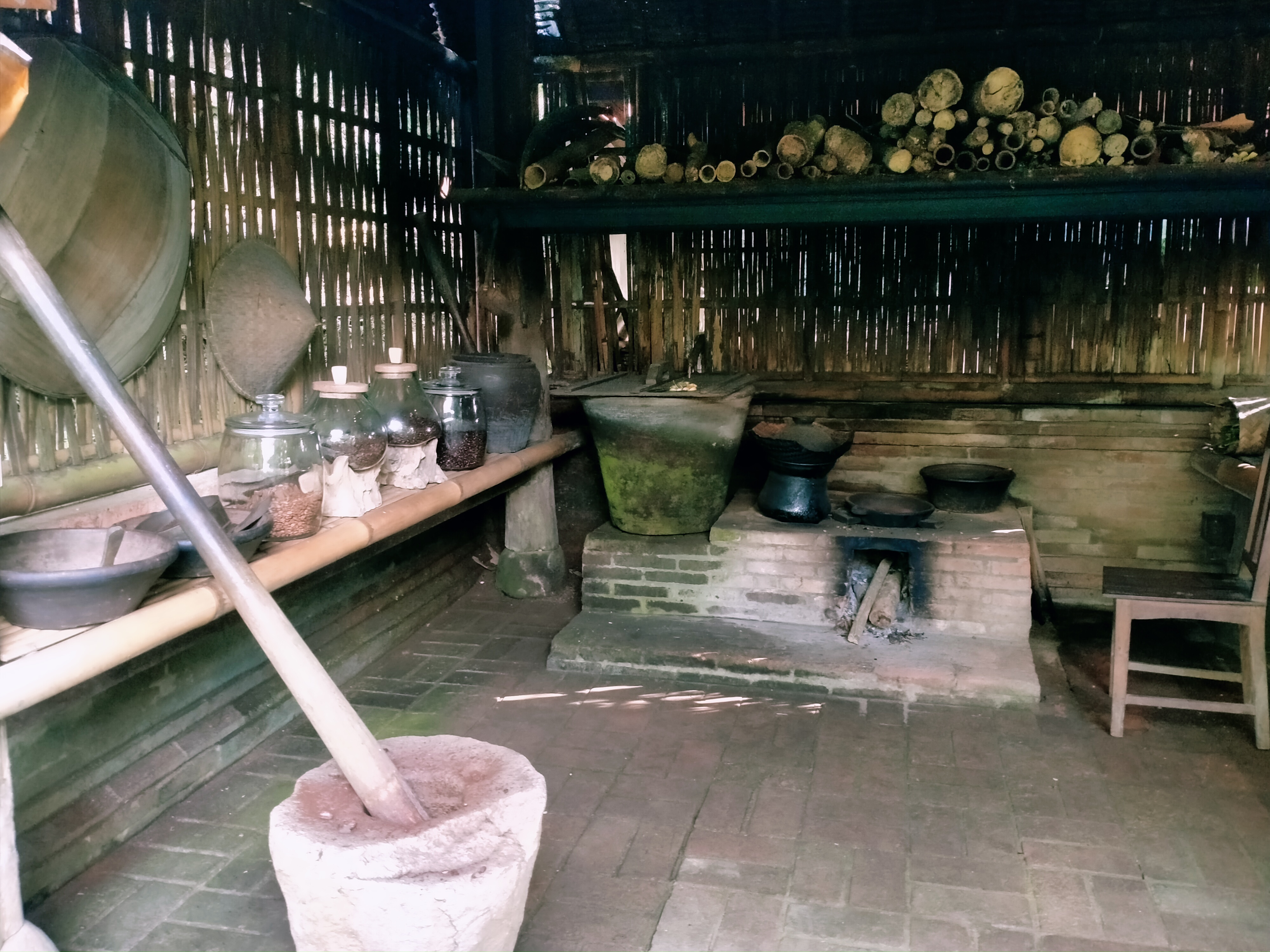
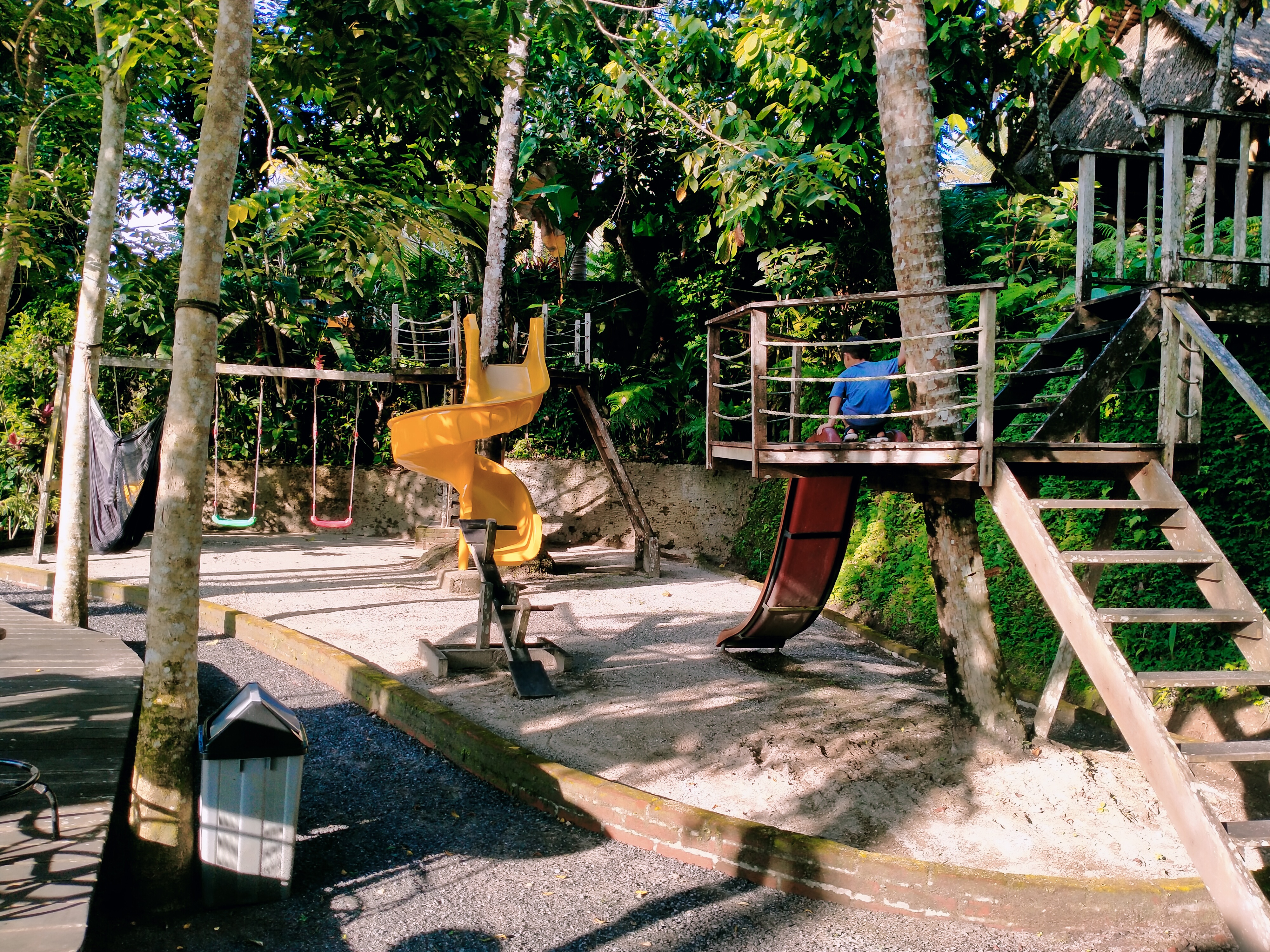
The main requirement for all visitors is to walk carefully and hold children by the hand! All the beautiful places are located above cliffs, and it's important to understand the potential dangers. In some areas, there are quite fragile boards, so it's necessary to hold onto railings and watch your step. This is essentially the jungle, and workers cannot predict every step you take, so be attentive to your own safety. This applies to all similar natural locations.
Heading to the neighboring Tampaksiring area, you'll encounter a road where plantations are situated every 200-500 meters. This is the territory of Balinese villages, where you can observe the everyday life of local residents. Plantations reflect village life, and they all follow a similar pattern: a large garden, caged civets, tours, tastings, a coffee shop, and a store. However, each plantation has its own unique concept.
Umah Bali Kuno
Opening hours: 8:00-18:00, admission: free
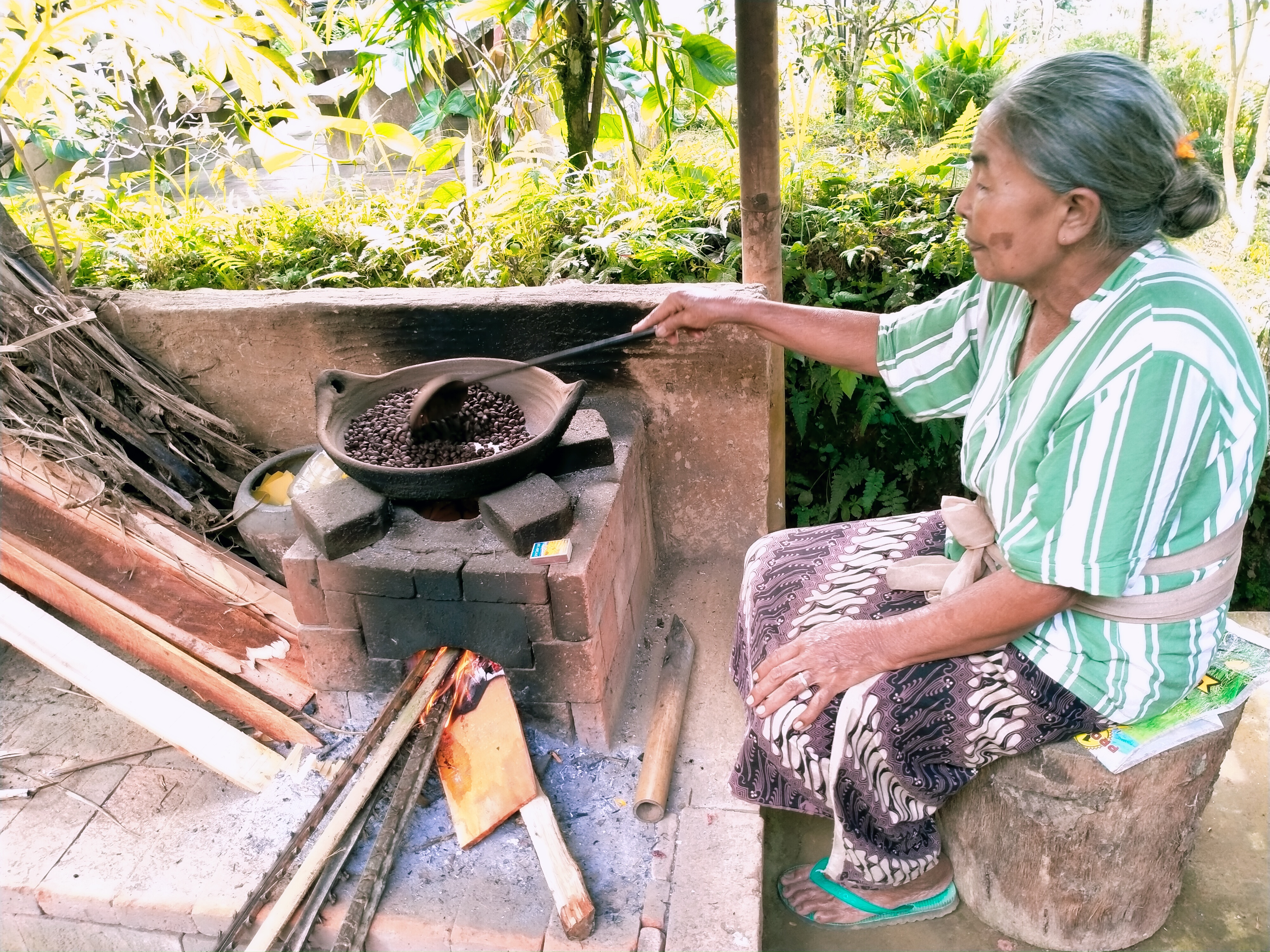
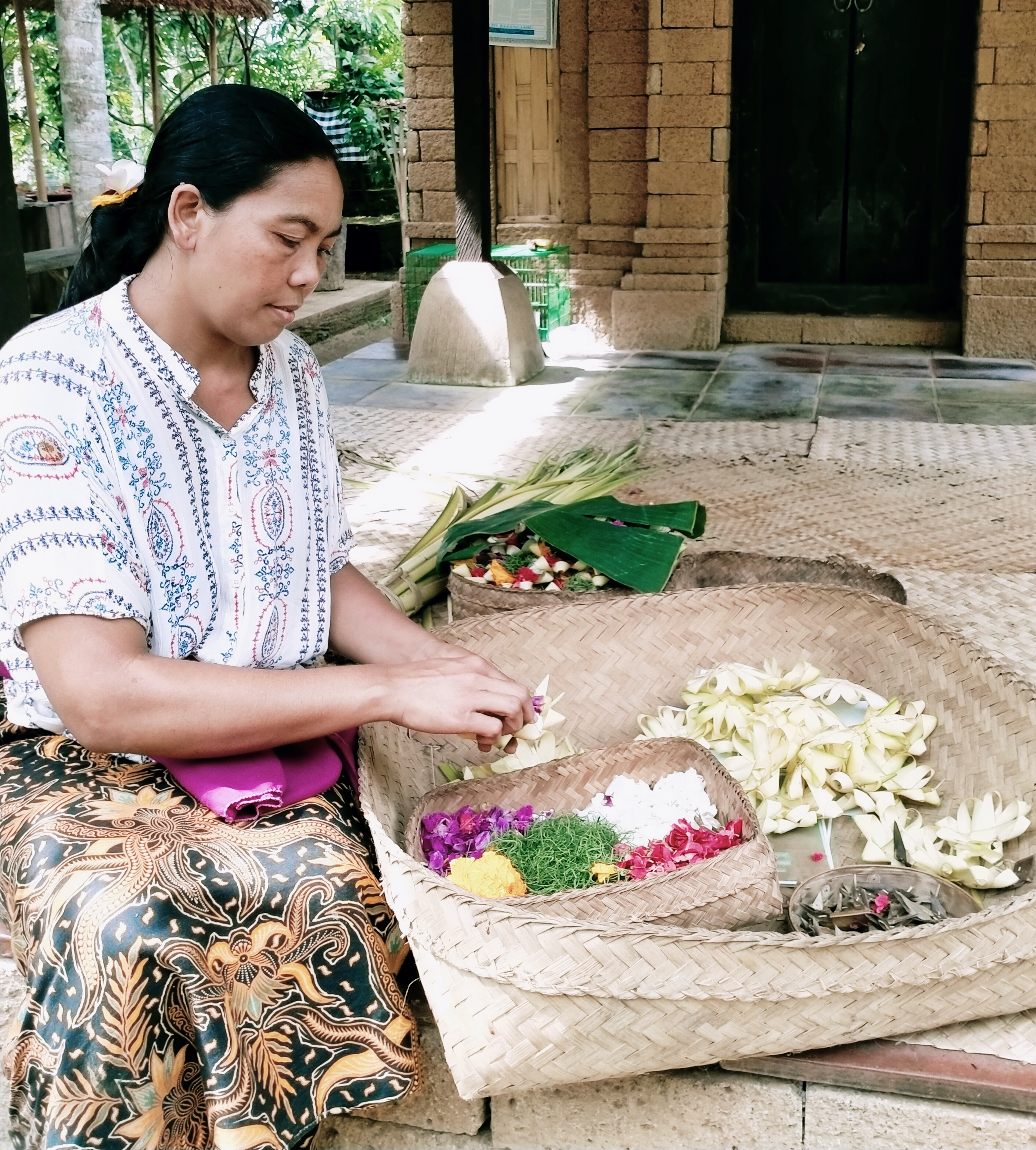
This small plantation is a true ethnographic museum with living exhibits. It is located right inside a traditional Balinese courtyard, and all the workers are members of one family. You'll be welcomed with traditional music played on the angklung, shown around the living quarters, family temple, and offerings to the spirits in small baskets (you can even try folding them yourself). Everywhere you'll see exhibits of old traditional items with labels, and they will guide you through the main tour of coffee bean processing and roasting. On the wooden terrace, you can enjoy drinks and have a cappuccino (as in other places, there are no coffee machines, only traditional types of coffee). Admission is free, but there is a donation box at the exit – feel free to contribute, as it goes towards repairing the thatched roofs that recreate the atmosphere of antiquity.
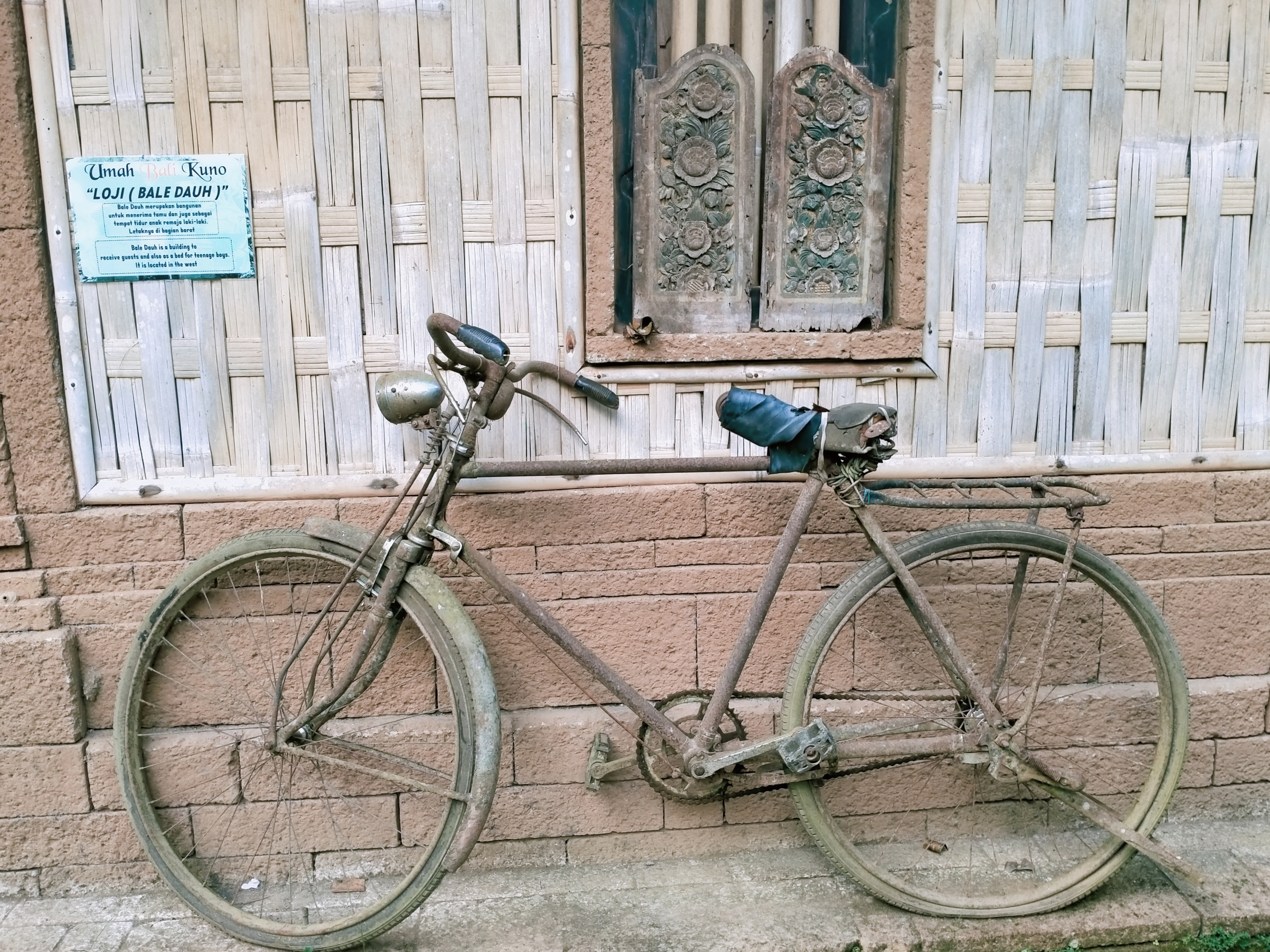
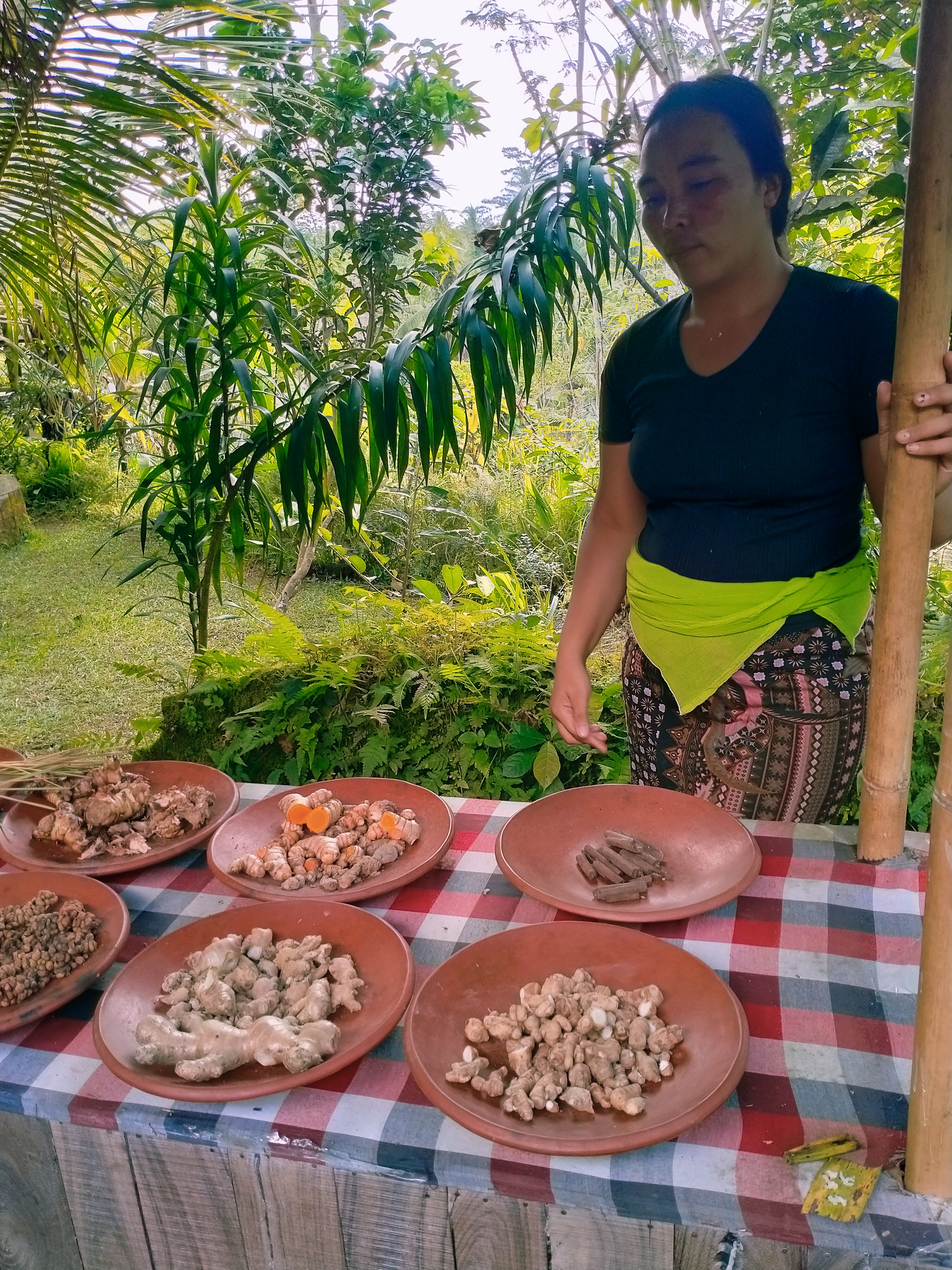
Satra Coffee Plantation
Opening hours: 8:00-19:00, admission is free
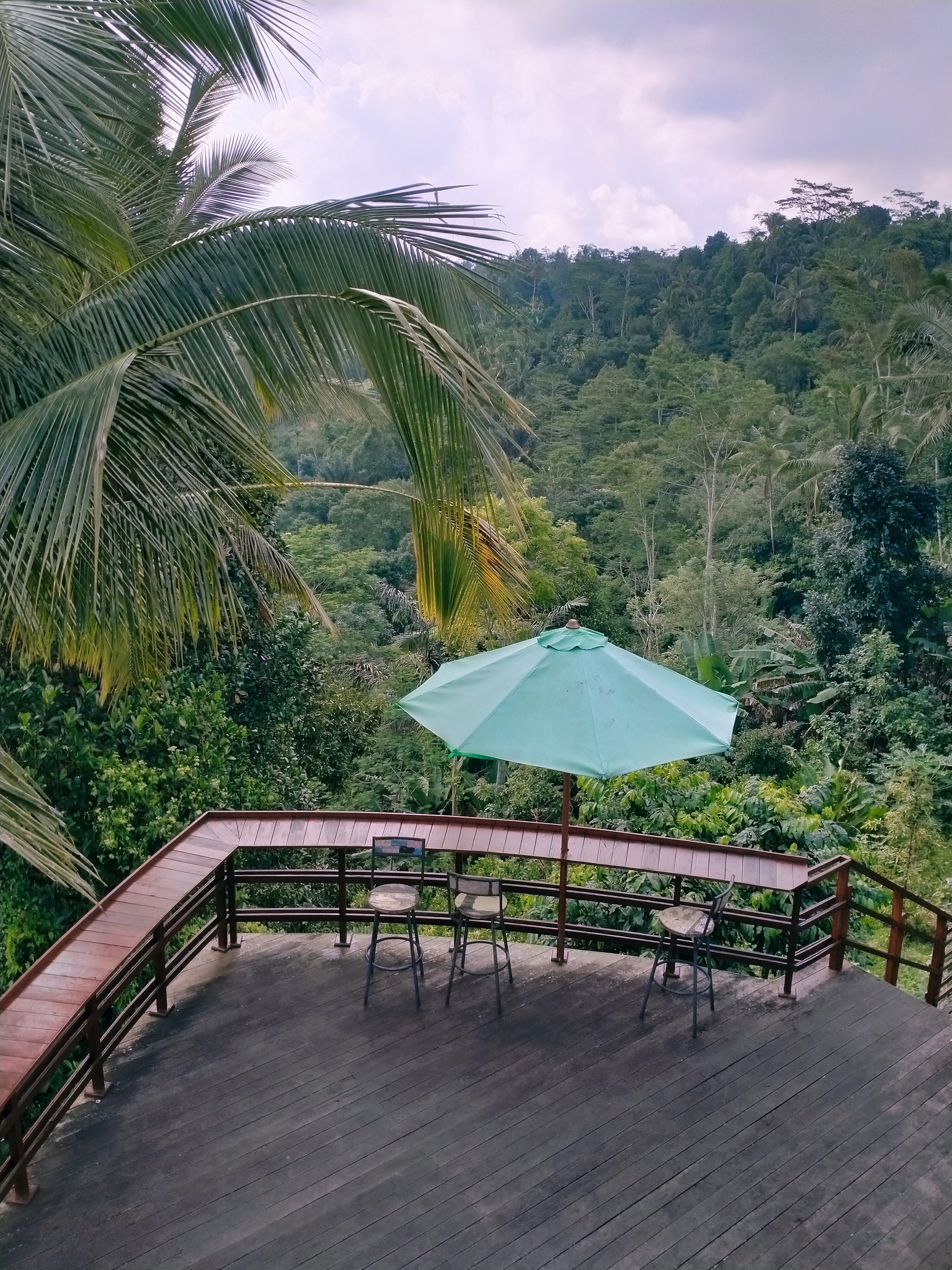
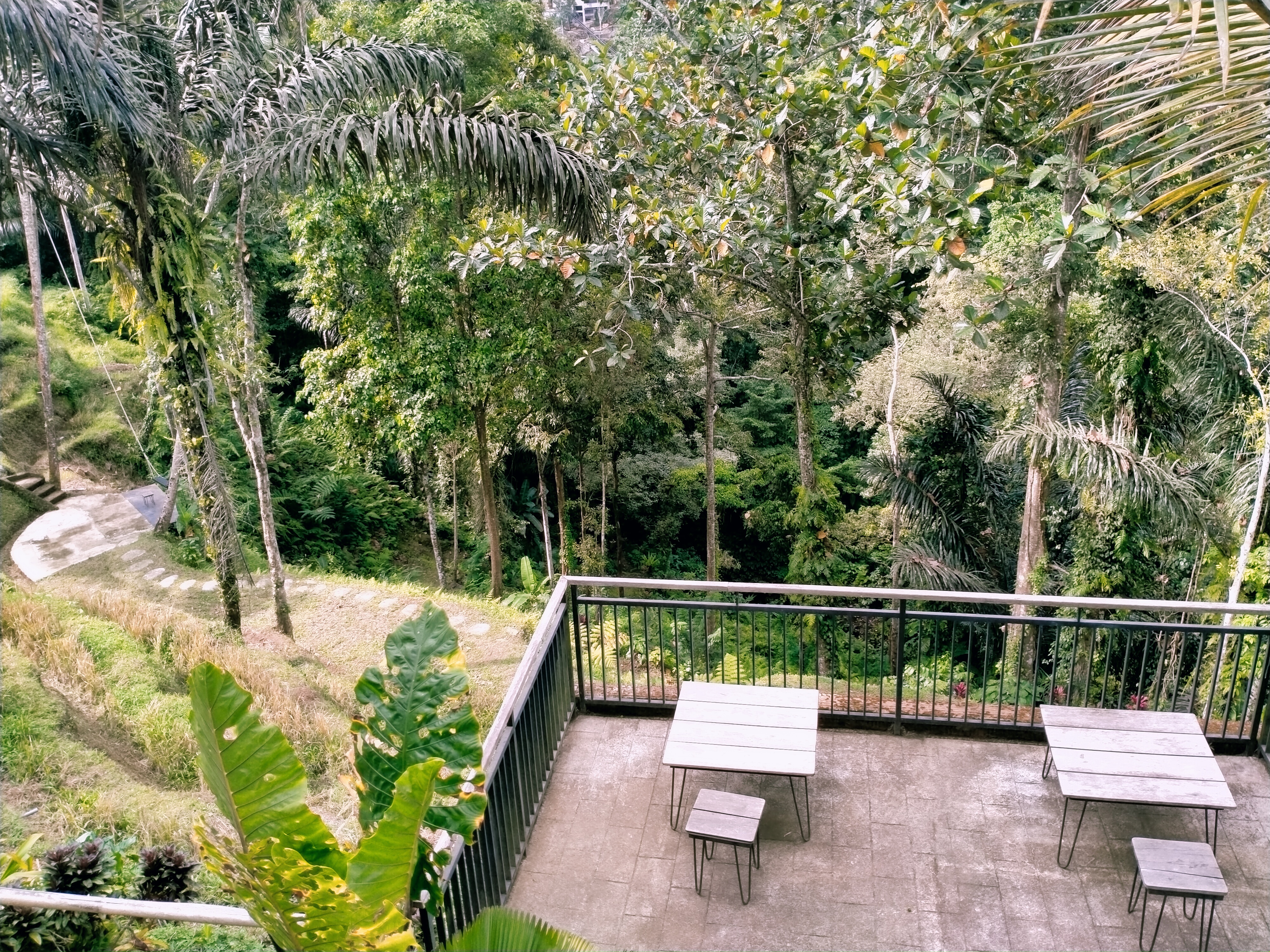
On the neighboring Satra Coffee Plantation, a small stream of visitors flows throughout the day, often brought by guides. You can stroll through the large garden, study the plants used for making beverages and spices. During the tour, you can roast beans and pound them in a traditional mortar, learn the differences between "robusta" and "arabica" varieties, and inhale the scents of various spices that have been renowned in the Indonesian archipelago since ancient times. Then, there's a coffee shop with a terrace and tables where you can leisurely taste tea and coffee without much attention from the staff. Below the terrace, there are swings priced at 200,000-250,000 IDR.
If you drive a few kilometers up the road, the plantations will offer a different view of the canyon.
Segara Windhu Coffee Plantation
Opening hours: 8:00-17:30, admission is free
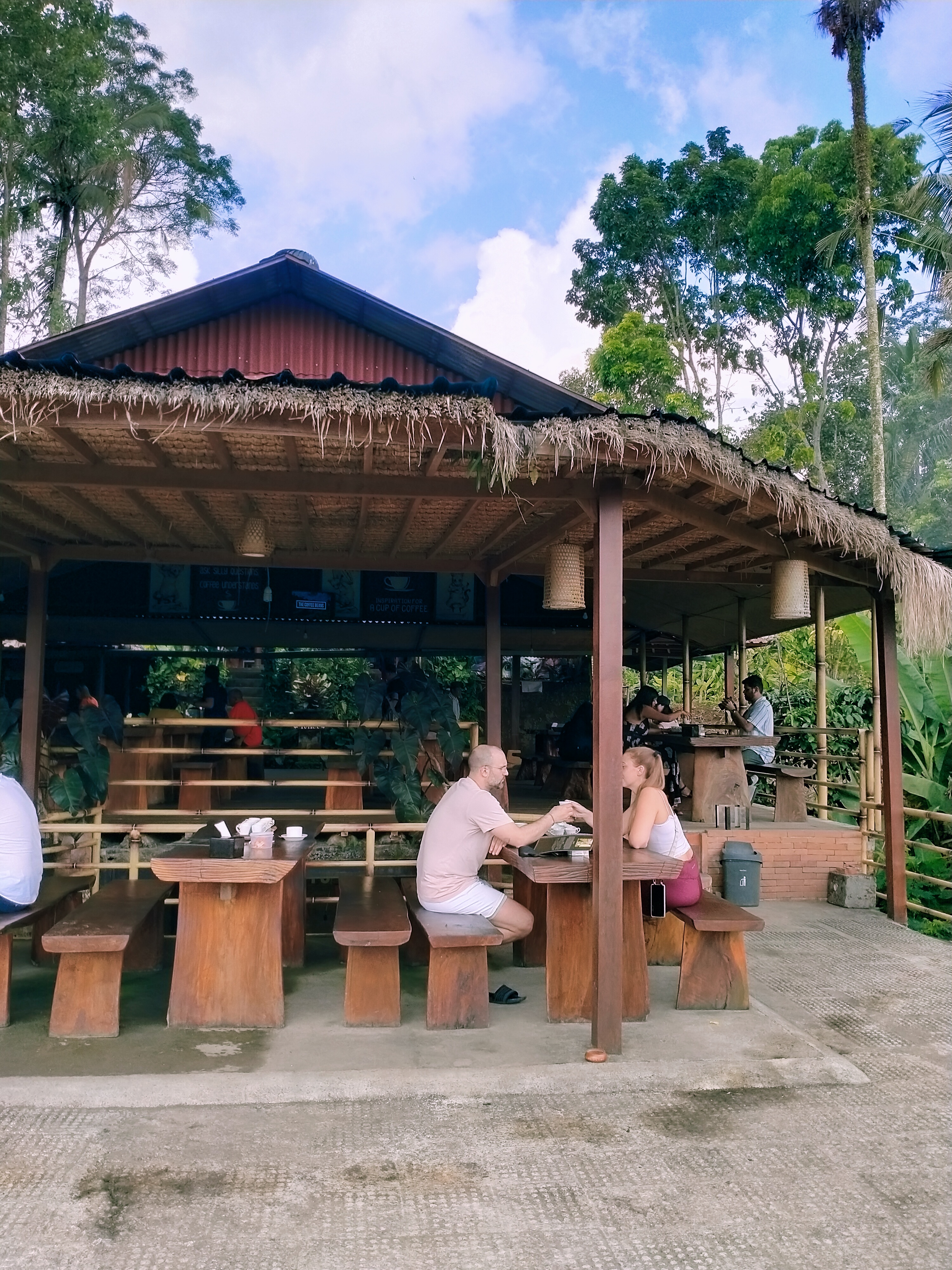
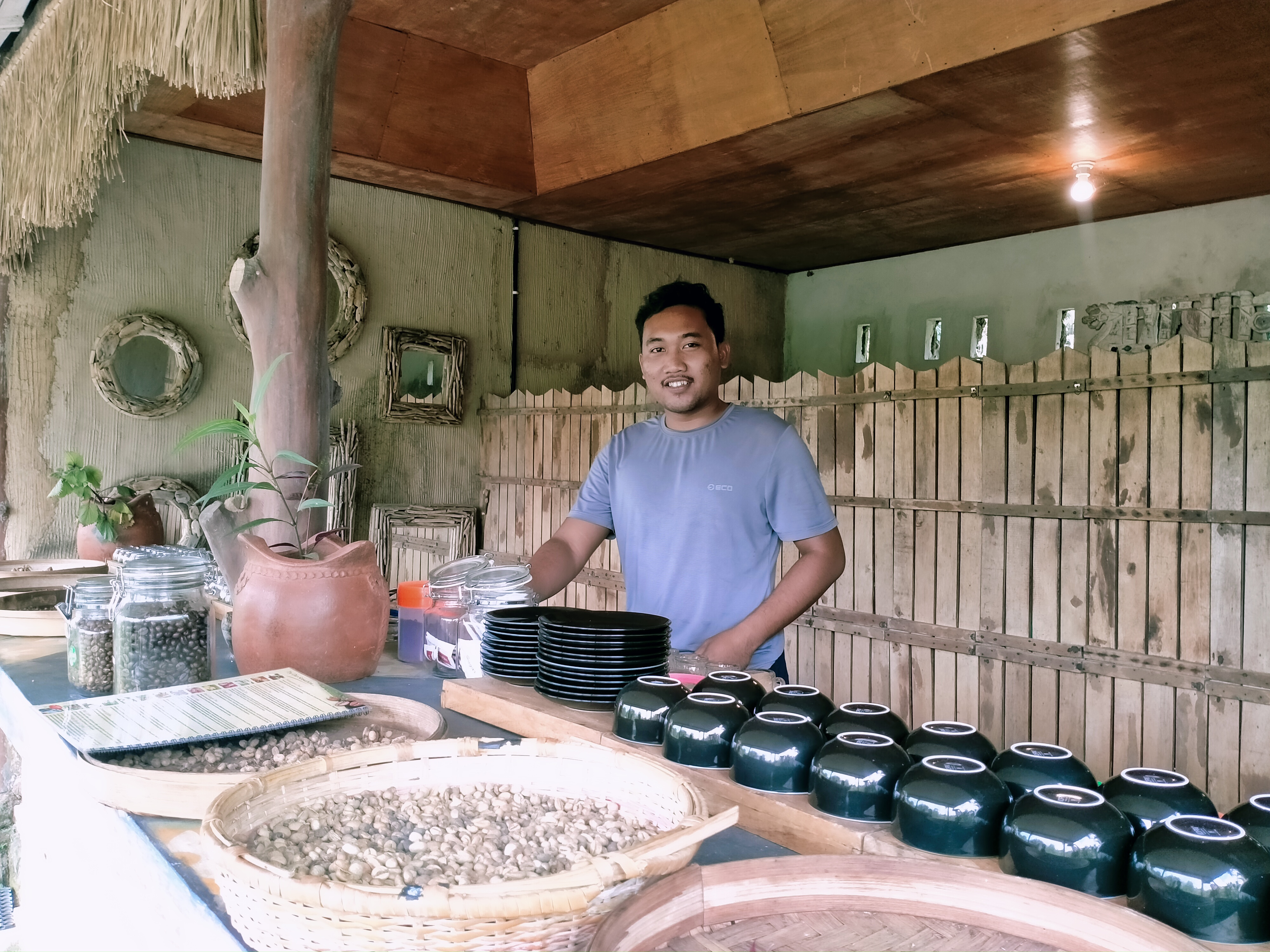
OKA Agriculture Bali
Opening hours: 8:00-18:00, admission is free

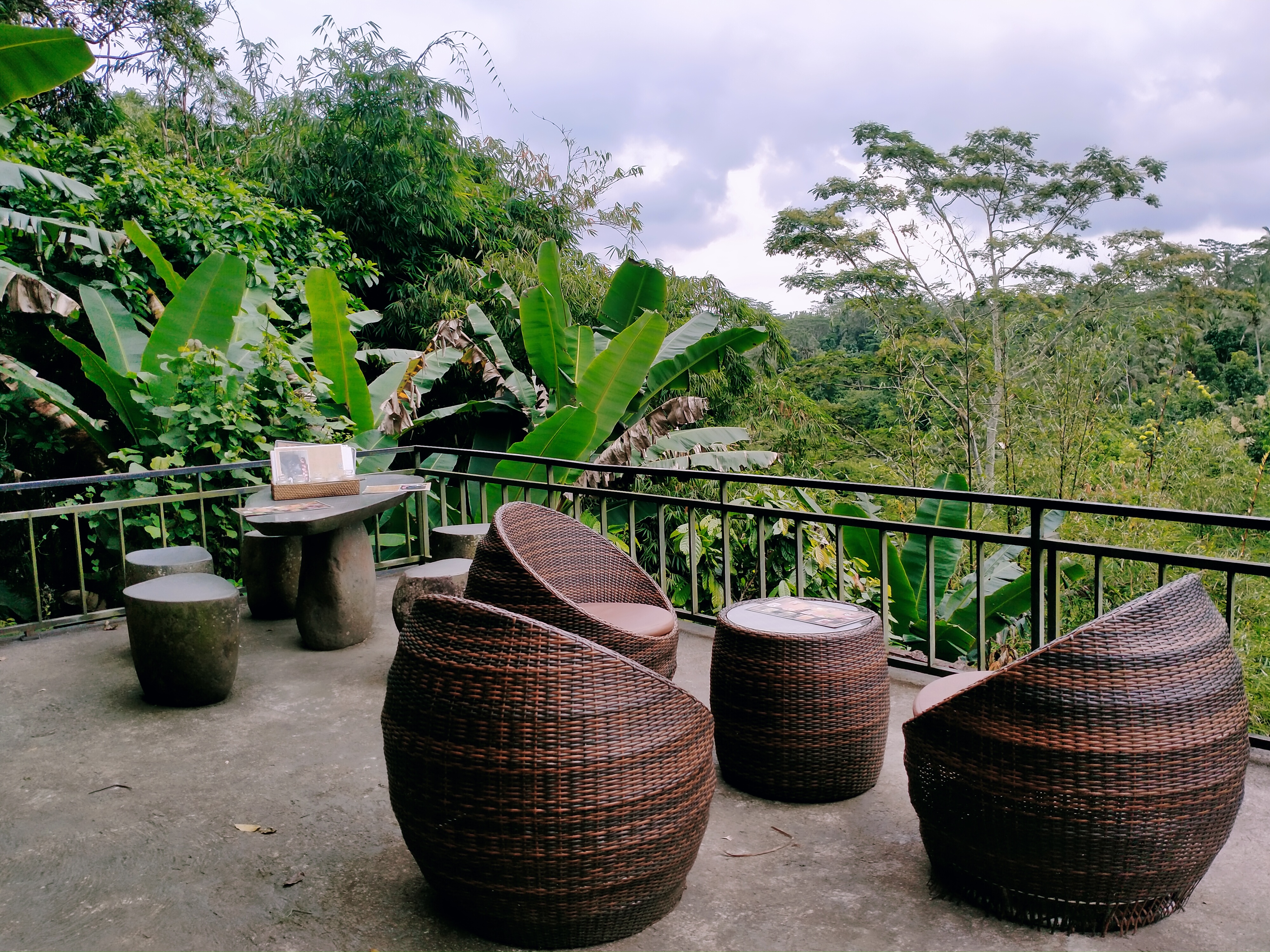
On these plantations, there are beautiful scenic viewpoints for photography, and there are restaurants. At OKA Agriculture, the restaurant stretches along the canyon, providing a pleasant place for a romantic experience (prices starting from 100,000 IDR). Otherwise, they are similar to the previous plantation.
And now, the most interesting part: the tasting!

You are presented with a large tray containing about 14 cups of various traditional tea and coffee beverages, all of which are original, healthful, and worth trying:
Coffee:
- Kopi Bali – traditional Balinese coffee, black, without sugar, to experience its original taste.
- Bali Mocca
- Avocado Coffee
- Vanilla Coffee
- Hot Chocolate
- Coconut Coffee
- Ginseng Coffee
Tea:
- Rosella Tea (pink)
- Mangosteen Tea (purple)
- Turmeric Tea (yellow)
- Roasted Red Rice Tea (pink)
- Saffron Tea
- Ginger Tea
- Lemongrass Tea
By visiting such places, you'll gain a variety of taste experiences, aesthetic pleasures, and enjoy Balinese culture. Have a pleasant trip!
You can add one right now!